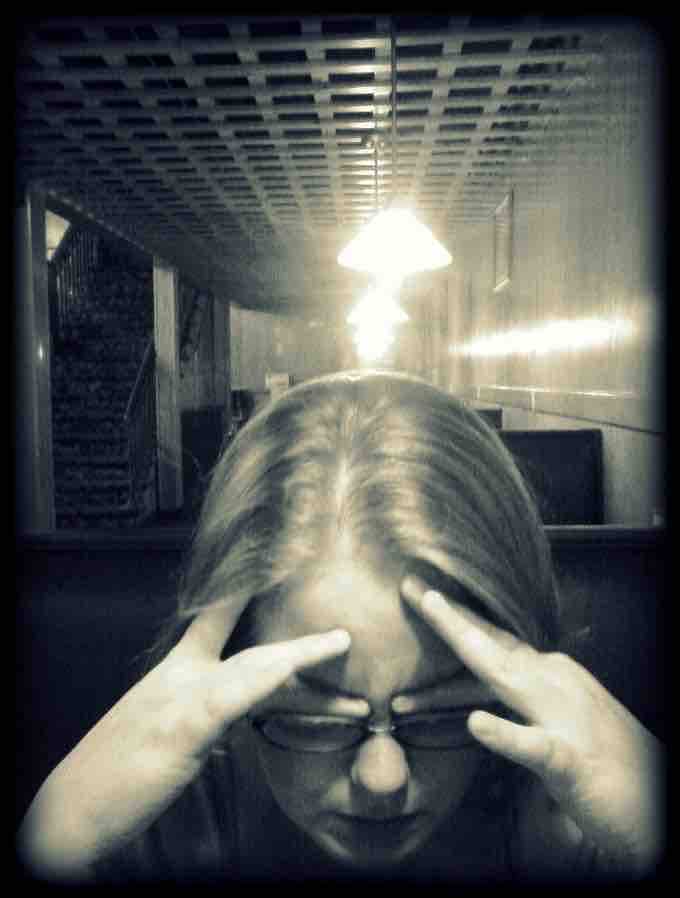Stress
Stress is defined in terms of how it impacts physical and psychological health; it includes mental, physical, and emotional strain. Stress occurs when a demand exceeds an individual's coping ability and disrupts his or her psychological equilibrium. Stress occurs in the workplace when an employee perceives a situation to be too strenuous to handle, and therefore threatening to his or her well-being.

Stress
A black and white photo of a woman that captures her high level of stress.
Stress at Work
While it is generally agreed that stress occurs at work, views differ on the importance of worker characteristics versus working conditions as its primary cause. The differing viewpoints suggest different ways to prevent stress at work. Different individual characteristics, like personality and coping skills, can be very important predictors of whether certain job conditions will result in stress. In other words, what is stressful for one person may not be a problem for someone else.
Stress-related disorders encompass a broad array of conditions, including psychological disorders (e.g., depression, anxiety, post-traumatic stress disorder) and other types of emotional strain (e.g., dissatisfaction, fatigue, tension), maladaptive behaviors (e.g., aggression, substance abuse), and cognitive impairment (e.g., concentration and memory problems). Job stress is also associated with various biological reactions that may ultimately lead to compromised physical health, such as cardiovascular disease.
Categories of Work Stress
Four categories of stressors underline the different causal circumstances for stress at work:
- Task Demands - This is the sense of not knowing where a job will lead you and whether the activities and tasks will change. This uncertainty causes stress that manifests itself in feelings of lack of control, concern about career progress, and time pressures.
- Role Demands - Role conflict happens when an employee is exposed to inconsistent or difficult expectations. Examples include: interole conflict (when there are two or more expectations or separate roles for one person), intrarole conflict (varying expectations of one role), person-role conflict (ethics are challenged), and role ambiguity (confusion about their experiences in relation to the expectations of others).
- Interpersonal Demands - Examples include: emotional issues (abrasive personalities, offensive co-workers), sexual harassment (directed mostly toward women), and poor leadership (lack of management experience, poor style, cannot handle having power).
- Physical Demands - Many types of work are physically demanding, including strenuous activity, extreme working conditions, travel, exposure to hazardous materials, and working in a tight, loud office.